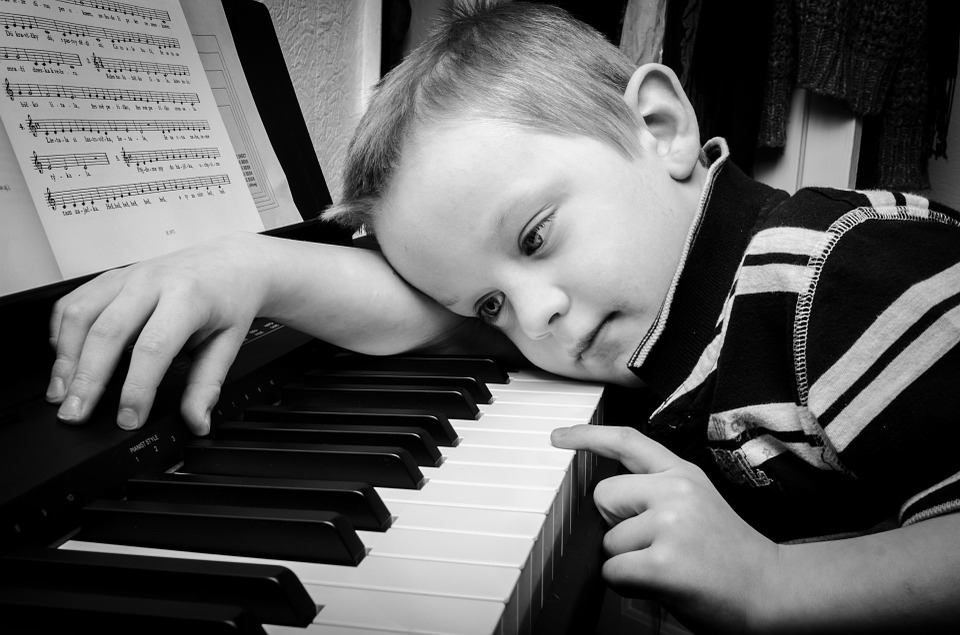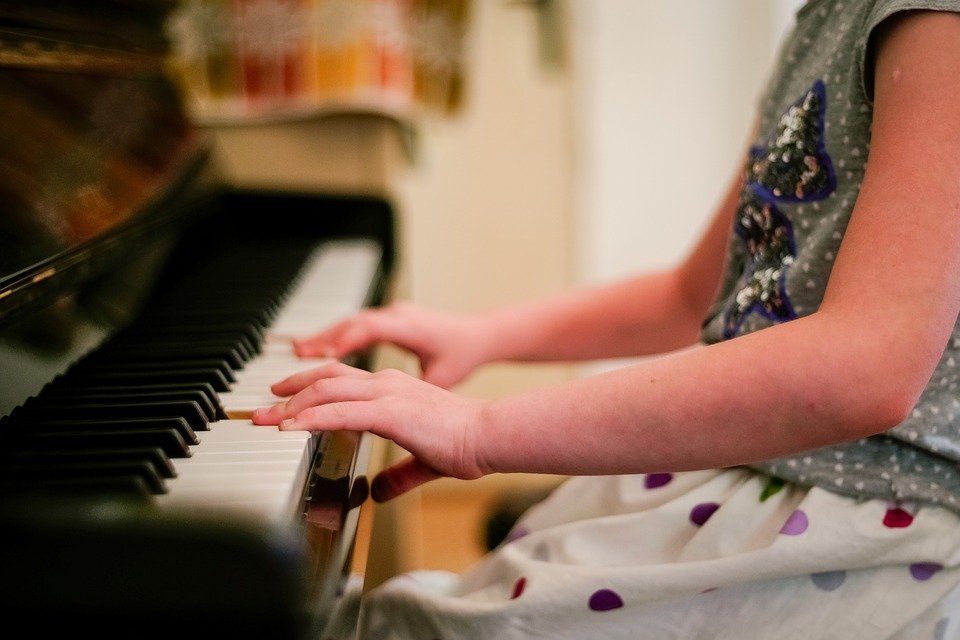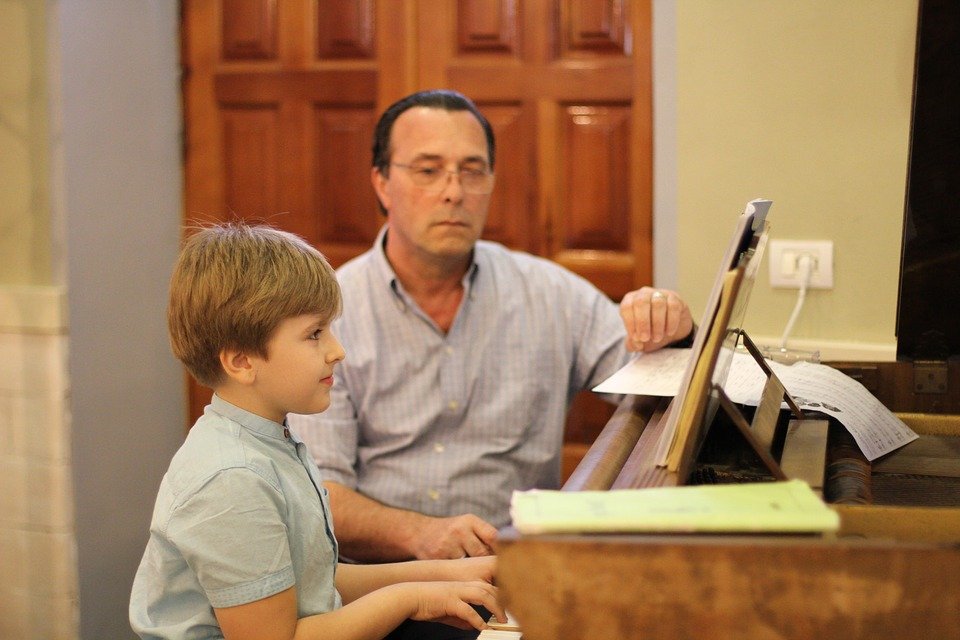
When you consider enrolling your children in piano lessons, the whole journey of learning to play this musical instrument becomes a fulfilling experience for both of you. You get the gift of listening to them playing wonderful music. Also, your children get a boost in many areas of their lives.
However, mastering playing the piano is a lot of work. It requires time, patience, consistency, and focus. For this, it is essential to go for a private piano teacher to help your child achieve perfection. Without proper guidance, at this level, there are many mistakes that your children may make.
Now the question is,
What are the commonly made mistakes that can stop them from becoming an expert piano player?
In this post, you will get to know about 5 mistakes to avoid when learning to play the piano. After going through this post you will understand that if you can let your children avoid making these mistakes, there will be nothing to hold them back to reach their utmost potential.
Without further ado, let’s dive into common piano learning mistakes.
-
Not Giving Importance to Finger Movements

This is one of the most commonly made mistakes by beginners. Playing the piano with flat or collapsed fingers becomes a habit for most learners. And this is because most of the students are always in a hurry to learn all the notes at the beginning stage. Therefore they opt for a method that requires the least resistance. Without giving importance to the role of finger technique, they continue playing with the most obvious and easiest movements. It may seem easier at first, but eventually, at an advanced level, they will find it difficult to play a song at its right rhythm and tempo.
As a matter of fact, for every piece, there is a particular set of fingers placement. Following the sequence helps the fingers stay stable while playing. Therefore for performing confidently and perfectly, the private piano teacher should encourage learners to adapt the right finger placement technique.
-
Maintaining Poor Posture

Not paying attention to the posture while playing the piano is another mistake that your children should avoid. It hampers the playing. Also, it can give them severe backache and muscle stiffness at a young age. Sitting very close to a piano restricts the free movement of the arms while playing. On the other hand, keeping palms too close to a piano causes collapsion of the wrists. Moreover, keeping the wrists at a low position can cause strain and tension in the fingers and arms. It slows down the finger movement.
To play the piano with ease, the learners should channelize their bodyweight and arms by maintaining a proper posture. To boost the progress, help your children make a habit of sitting on a bench in an upright position nonchalantly while playing the piano. Make sure that they keep the elbows expand and a little forward from their shoulders. Also, they should keep their forearms be parallel to the floor.
-
Continuing Long Sessions without Any Daily Routine
At the beginning stage of learning piano, usually, most students have lots of enthusiasm. Because of this, they often make a mistake of spending long hours playing daily. However, this kind of extended hours of a practice session cannot help them go a long way. Long practice sessions eventually cause stress and frustration. Therefore, at the end with cramped fingers, they feel like skipping practice or doing it irregularly. This will directly affect the students’ skills and performances.
If your children are at the beginner level, they should start with around 30 minutes of practice session per day. They can take short breaks in between as well. Being consistent in their learning period will help them stay relaxed to enhance their skills. Remembering the wise saying “Long term consistency trumps short term intensity” will help them go a long way.
-
Playing Notes Fast
Playing notes fast is another mistake that most piano students often make. Playing everything fast on the piano cannot make a student learn advanced skills within a short amount of time. Furthermore, they may end up making more mistakes sometimes without realizing it.
The piano learners should understand the tempo of each song and try to keep the pace accordingly. At the beginning stage, they can play the notes in a slower tempo to memorize everything. Once they become familiar with the notes, they can speed up. To keep things easier, they can practice with the metronome to pick the right tempo.
-
Feeling Hopeless with Slow Improvement

Not all have a smooth journey while learning the piano. Feeling frustrated and discouraged during the learning process is normal. But often students start feeling hopeless without noticing how eventually they are improving in their skills. Mastering a piano is not possible in a day. It requires hard work, dedication, and patience. So, if your children start feeling hopeless during the learning process, soon they will become inconsistent and lose interest in sharpening their skills.
To stay encouraged and motivated, they should learn to play on the piano the music they love. And until they become perfect in it, they should continue practising the same music. If you have enrolled them in any future events or concerts, save the date and constantly remind them about it. It will help them not to back out of practising. And lastly, they should always play their piano with a relaxed mind and in a calm environment.
Wrapping it up,
Most beginner piano students make the above-discussed mistakes and consequently hinder their progress. This guide can help all the learners avoid these mistakes, save time, put more effort and learn the piano faster in a breeze. Let your children follow each suggestion and enjoy a memorable piano learning experience with improved skills and elevated performance.
Are you all set to help your children kickstart their learning? Trust Talennook to get a professional and experienced private piano teacher for learning to play the piano. Here you get the help of taking step by step approach for learning the piano. So, come find the best teacher at Talentnook and make your piano learning journey hassle-free.